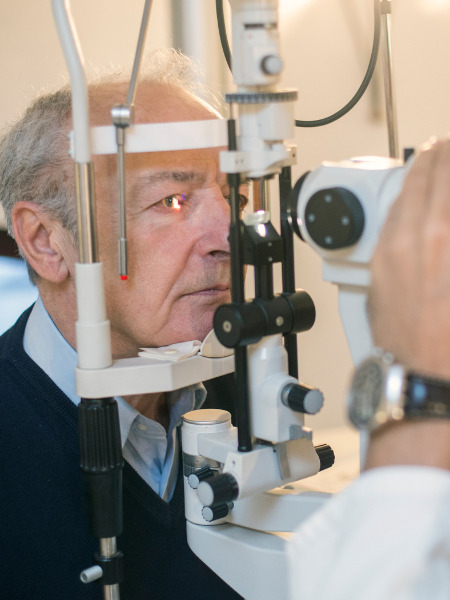Get in Touch
Give us a phone call at (970) 256-0400 Monday – Friday, 8am-5pm to schedule a consultation.
Search
Uveitis is eye inflammation caused when your immune system attacks healthy tissue in your eye. It can cause pain, redness and vision loss. Sometimes it goes away quickly, but chronic cases exist.
Uveitis arises when the middle section (or uvea) of your eye becomes inflamed (or swells) for a short or long period of time. This condition has a multitude of potential causes, all of which show similar signs and symptoms, such as:
You might notice the swelling occur in one eye or both, depending on the underlying cause.
Uveitis is eye inflammation caused when your immune system attacks healthy tissue in your eye. It can cause pain, redness and vision loss. Sometimes it goes away quickly, but chronic cases exist.
Uveitis arises when the middle section (or uvea) of your eye becomes inflamed (or swells) for a short or long period of time. This condition has a multitude of potential causes, all of which show similar signs and symptoms, such as:
You might notice the swelling occur in one eye or both, depending on the underlying cause.
Uveitis often arises due to trauma, bodywide autoimmune disease (which causes the body to attack its own healthy tissues), infections, or other rare or unknown causes. Some of the autoimmune disorders and infectious causes known to cause uveitis include:
Patients can experience acute or chronic uveitis and the condition can even cause blindness without care. If you are experiencing any swelling in your eye, reach out to your eye doctor right away to track down the cause. They will help relieve your pain and protect your eyesight using the most effective treatments available today. To receive the care you need, give our team at ICON Eyecare a call. We look forward to helping you see clearly and comfortably through the years.

At your visit to the eye doctor, they will use a number of tests to check for visual acuity, intraocular pressure, and swelling and determine its cause. They will also pinpoint the exact location of the swelling, as it can affect the anterior, intermediate, or posterior sections, if not all three. With that information, they can determine the appropriate treatment.
Common treatments include:
You will likely need to return for rechecks on a regular basis until the problem fully resolves, especially if it becomes a chronic (long term) problem.
Give us a phone call at (970) 256-0400 Monday – Friday, 8am-5pm to schedule a consultation.